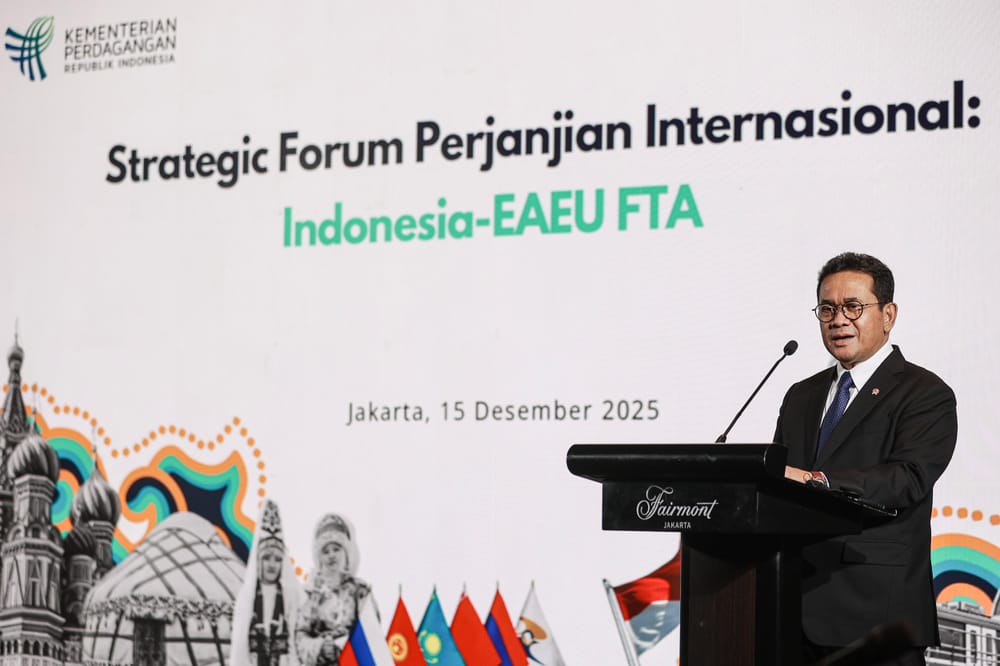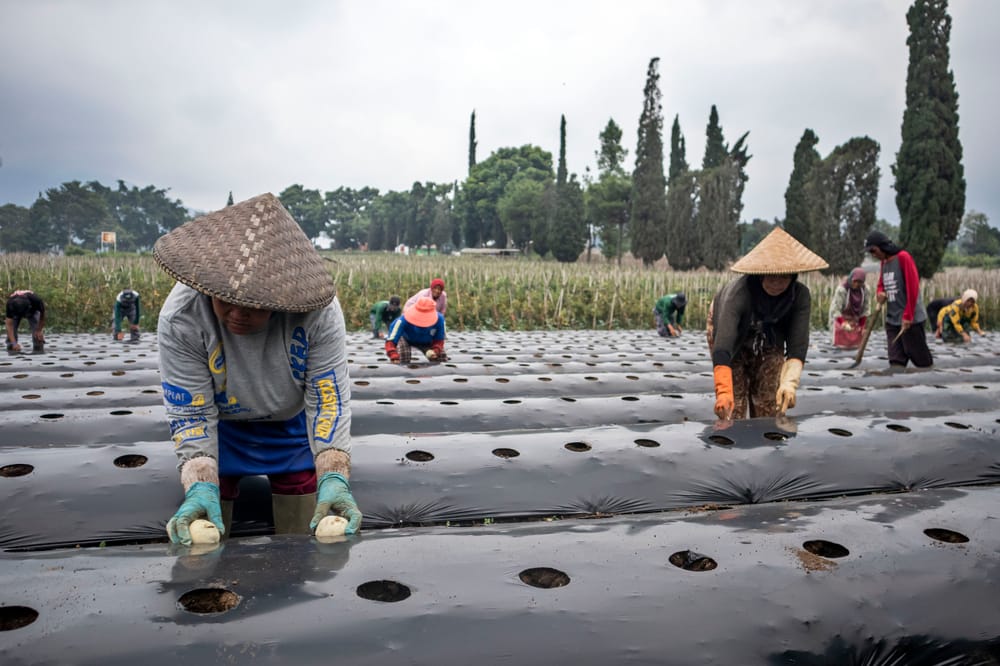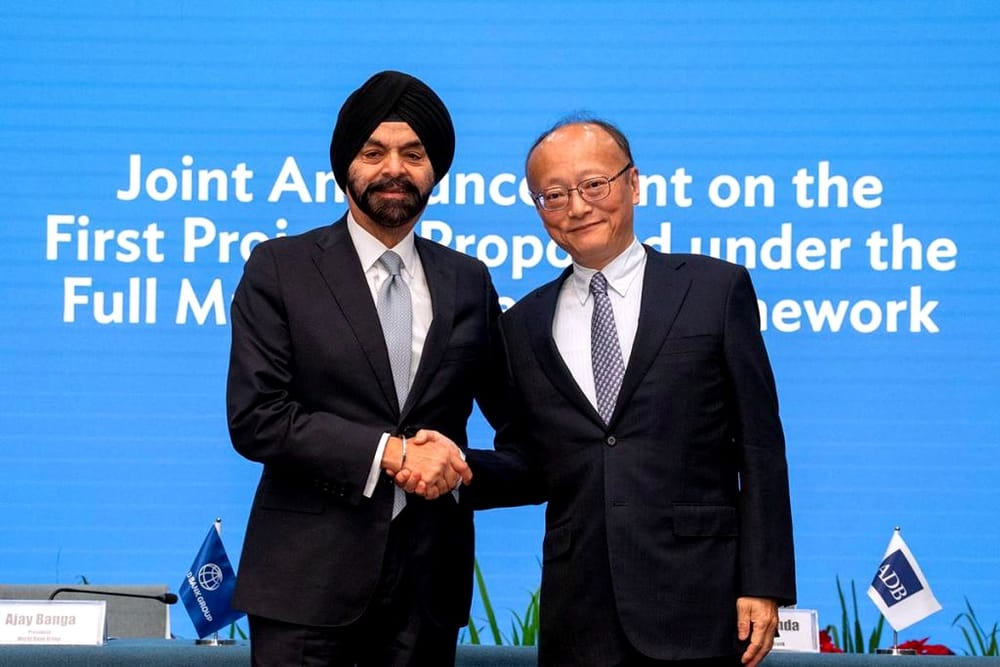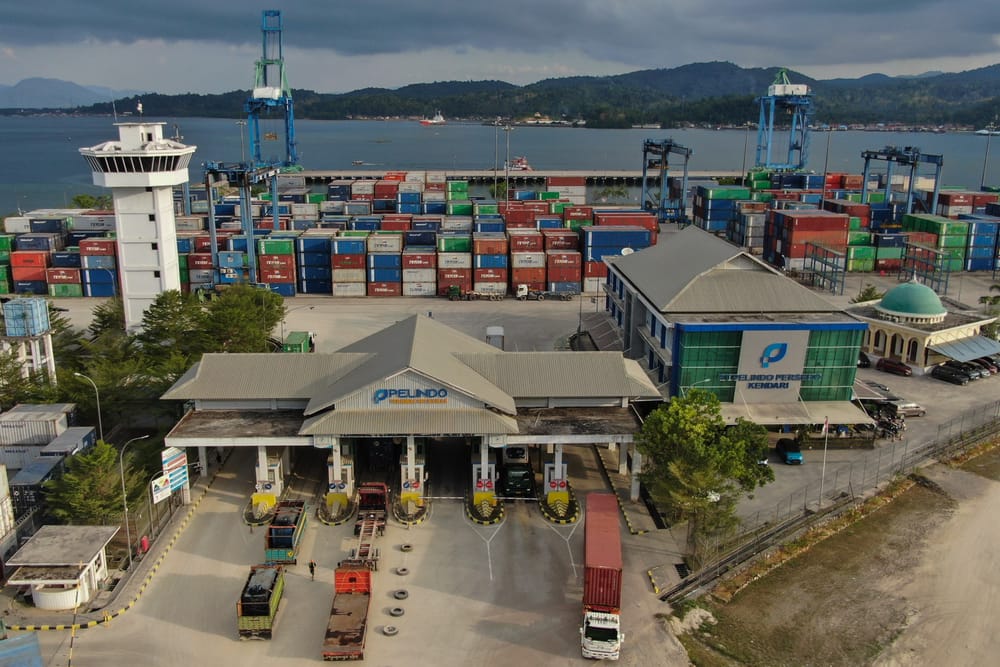Indonesia must immediately prepare for the development of the copper industry, said Djoko Widajatno, Deputy Executive Director of the Indonesia Mining Association (IMA), responding to the plan for a 50% tariff on imported copper recently announced by United States President Donald Trump.
Copper prices immediately jumped to a record high in history, causing ripples in the global market. In one day, copper prices rose 3.58%, reaching a level of US$5.676 per pound, or equivalent to around US$12,510 per ton.
Bank of America even projects that prices will touch US$5.44 per pound in 2026, while the International Copper Study Group predicts that global consumption this year will reach 25.88 million tons.
“The solution is that the readiness for industrial development needs to be realized immediately. Making the tools needed to move towards independence, starting from the food security industry, to high end Industry, from health to equipment for modern warfare,” Djoko told SUAR.
According to him, concentrate export levies are not just taxes, but a policy tool for:
- Forcing the realization of copper downstreaming
- Reducing dependence on raw exports
- Increasing domestic added value
However, he admitted that for miners, this could be a short-term burden if it is not accompanied by downstream readiness or other technical policy flexibility.
Export data from Satudata Kemendag shows that from January to April 2024, Indonesia exported copper ore worth US$2.26 billion and copper products and derivatives worth US$781 million.
According to Association data, throughout 2022-2023, 97% of copper ore exports flowed to Asia, with Japan being the main destination country with 760 thousand tons, China (680 thousand tons) and Korea (530 thousand tons). The remainder of copper ore exports flowed to Taiwan, India, Malaysia and Europe.
Meanwhile, copper mining operator companies, such as Freeport Indonesia, had already predicted this policy. The parent company of PT Freeport Indonesia, MIND.ID, has taken anticipatory steps, through business-to-business cooperation.
"We know that the market is likely to shrink and prices could be under pressure. So our step is to strengthen long term contracts and reduce exposure to the spot market," said Director of Portfolio and Business Development of MIND ID, Dilo Seno Widagdo in a press conference in Jakarta, April 17, 2025, as quoted by Warta Ekonomi.
Dilo emphasized that this strategy has proven effective in maintaining the income of the state-owned mining industry holding company, while avoiding global market volatility. In addition to long-term contracts, operational cost efficiency is a major focus of every subsidiary under MIND ID.
Not a big impact
Economist from the Bright Institute, Muhammad Andri Perdana, said that Indonesia will not be greatly impacted by this tariff increase because Indonesia is not a copper downstream manufacturing country. "Indonesia is still concerned with other minerals such as nickel, so it is not included in those affected," he said.
The copper supply chain is a large, complex network involving several stages from mining and processing to manufacturing and distribution.
Copper is a metal widely used for various industries, including construction, electronics and transportation.
Bhima Yudhistira Adhinegara, Executive Director of the Center of Economic and Law Studies (Celios), assessed that President Trump's policy regarding copper import tariffs was a wrong step. He said that instead of being profitable, this policy could backfire on the United States.
Because around 50 percent of the Uncle Sam's national copper needs still depend on supplies from abroad. "This step could be a big mistake for the US, considering that half of its copper consumption still comes from imports," said Bhima.
Consequently, industrial sectors that use copper as a primary raw material will be directly affected. Continuously increasing demand will put pressure on existing supply chains to meet that demand.
He suggested that Indonesia needs to shift its focus of exporting copper concentrate to other countries outside the United States, such as China, Japan and South Korea, which have been the main markets.
"The next strategy is to expand export access to alternative markets. With the almost certain surge in copper prices, Indonesia should not rush to open the tap for importing raw copper," he said.





